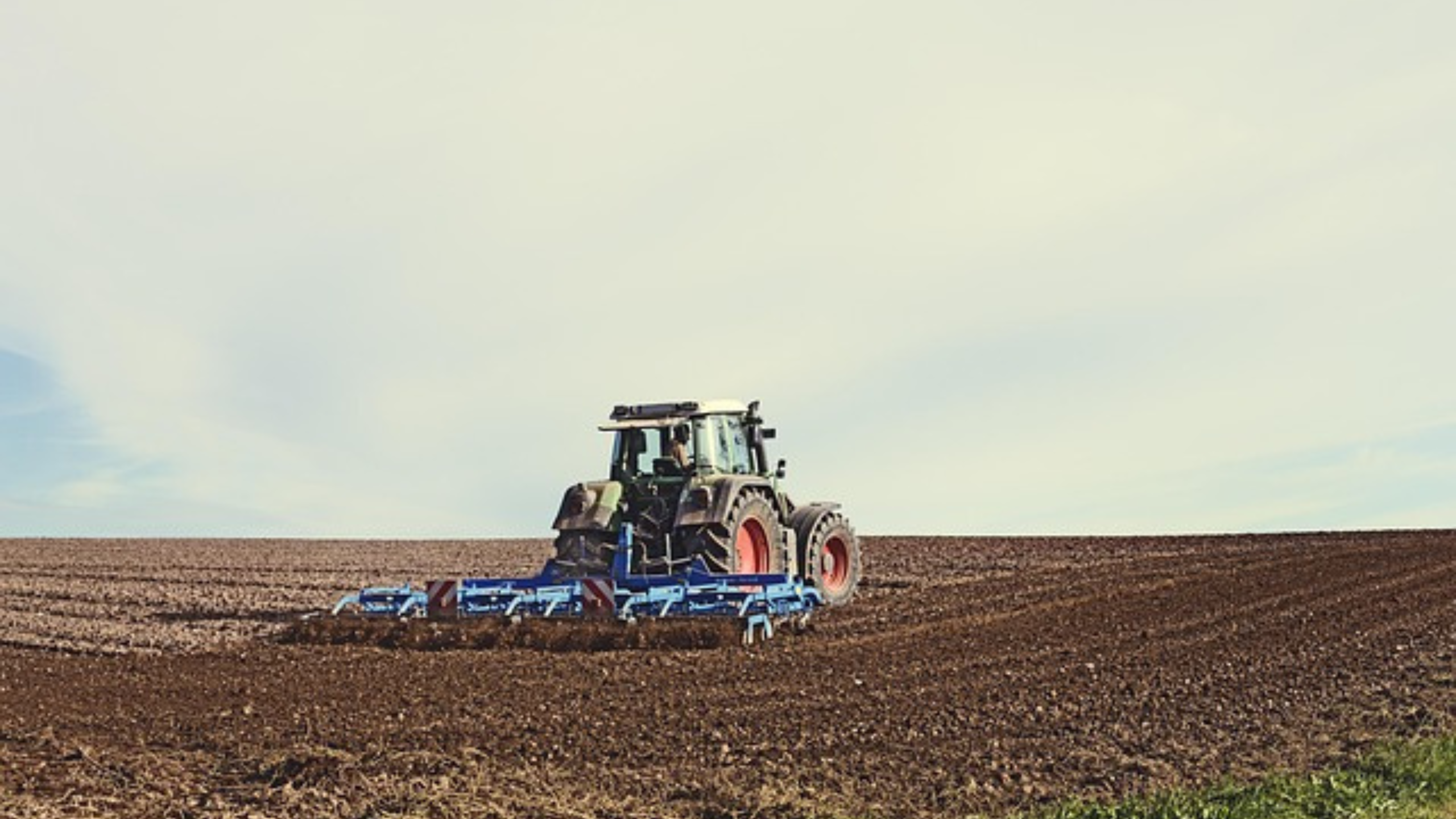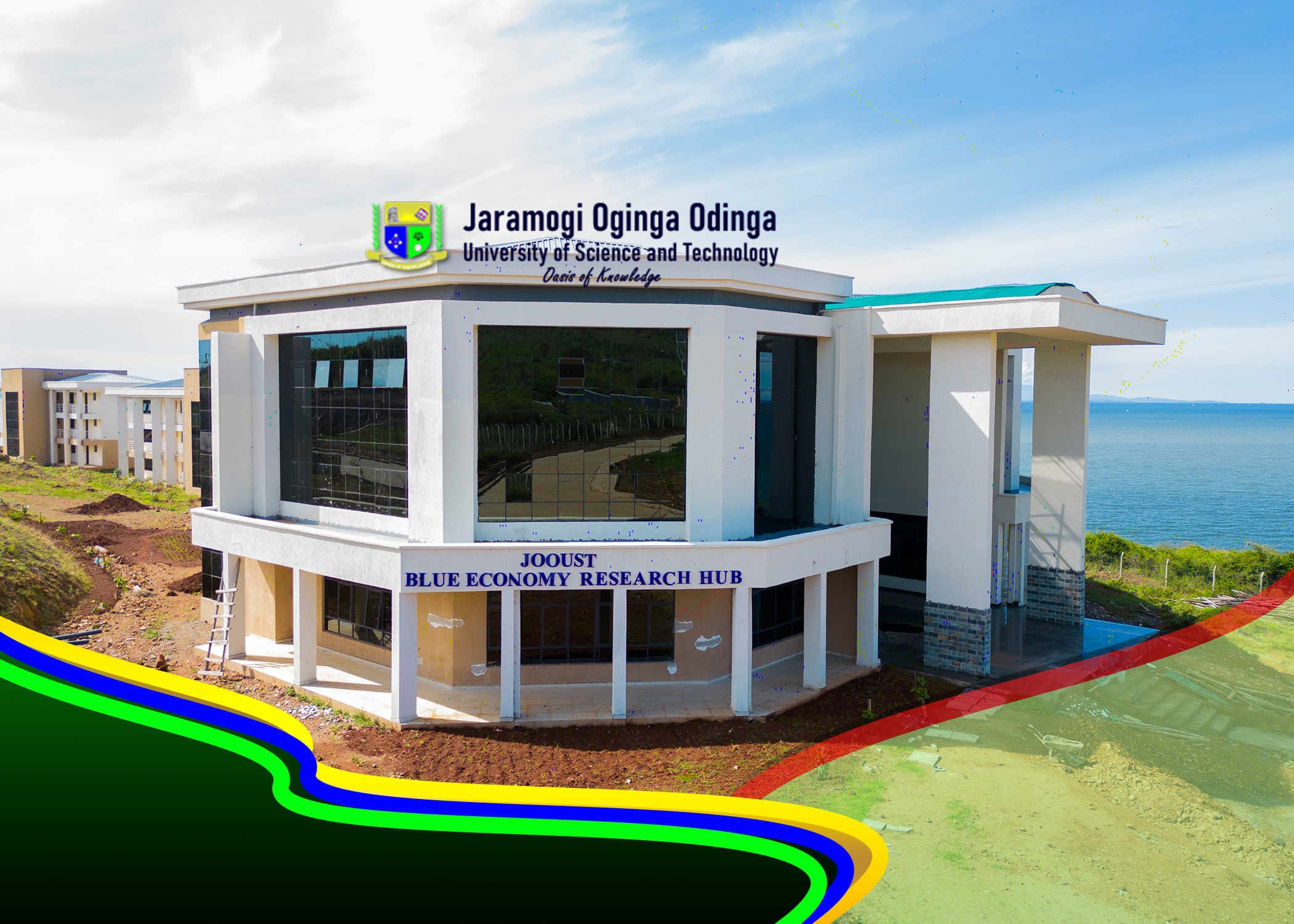The FAMFISK project, led by Weihenstephan-Triesdorf University of Applied Sciences (HSWT) in collaboration with the Maschinenring Foundation (MRF) and Bildungswerk der Bayerischen Wirtschaft (bbw), aims to strengthen agricultural value chains and improve smallholder farmers’ mechanization and productivity in Senegal and Kenya. Running from March 2024 to February 2026, the project focuses on enhancing vocational and academic training in the fields of agricultural machinery and food technology, with an emphasis on practical, hands-on education.
FAMFISK connects local Universities (USSEIN in Senegal and JOOUST in Kenya) with European expertise to support the growth of Machinery Rings—local self-help organizations for farmers. These Machinery Rings aim to boost agricultural productivity and promote sustainable farming practices. Key project activities included: Recruitment of 20 Students from a multidisciplinary background to participate in a 1 Week Internship Programme in the established Machinery Rings in Kenya i.e. Bungoma, Kakamega, and Nyandarua; organizing Summer and Winter School Training Sessions; development of Prototypes into Devices/Machinery as a conduit for interventions in Community Development by the Students in collaboration with the International Partners, and Local Faculty Members and Local Machinery Ring Resource persons; Pre-qualification training for Faculty Members to sustain the Initiative. Identification and selection of viable Innovations emanating from the Design Thinking Idea concept adopted over the Summers School Training Session, and facilitating international exchange programs between Senegal, Kenya, and Germany.
Through targeted training measures, expert-led workshops, and the formation of local-agro-tech tandems, FAMFISK provides the knowledge and skills necessary for impactful interventions and modernization of the Agricultural sector. The project also promotes networking between academia, industry, and local communities, ensuring a lasting impact on the agricultural sector in both countries.
The FAMFISK project contributes to the United Nations’ Sustainable Development Goals (SDGs), particularly SDG 2 (Zero Hunger), SDG 4 (Quality Education), and SDG 8 (Decent Work and Economic Growth), fostering sustainable agricultural growth and the professionalization of agricultural services in Senegal and Kenya.


